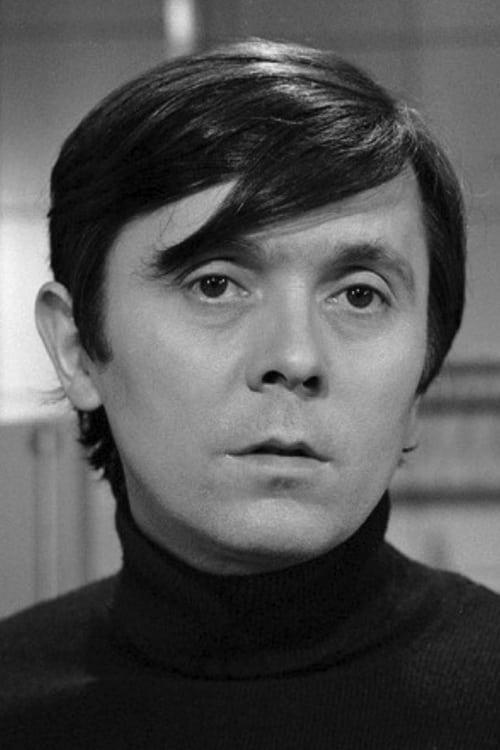Miracle (1975)
Gênero : Documentário
Runtime : 15M
Director : Helena Třeštíková
Escritor : Helena Třeštíková
Sinopse
This student film by the award-winning Helena Třeštíková bears many of the hallmarks of her later work. Made as a graduation piece when she was at the FAMU Film and TV Academy in Prague, we see the director developing the distinctive observational style of filmmaking that she has used so effectively throughout her career. Over the course of several months, she follows a young pregnant woman as she becomes slowly acquainted with the joys and responsibilities of motherhood.
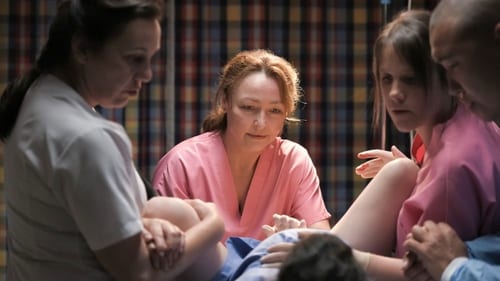
Claire (Catherine Frot) exerce sua profissão de parteira com muita paixão. Ela é conhecida por ser uma mulher séria e prudente, além de bastante solitária. Sua vida se transforma com a aparição inesperada de Béatrice (Catherine Deneuve), uma antiga amante de seu pai, em busca de ajuda para problemas pessoais. Claire hesita em ajudá-la a princípio, mas logo apoia a mulher extravagante, e descobre um modo de vida muito diferente do seu.
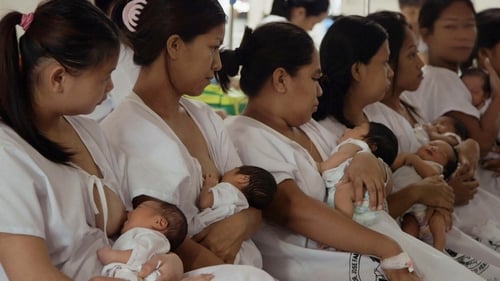
The planet’s busiest maternity hospital is located in one of its poorest and most populous countries: the Philippines. There, poor women face devastating consequences as their country struggles with reproductive health policy and the politics of conservative Catholic ideologies.
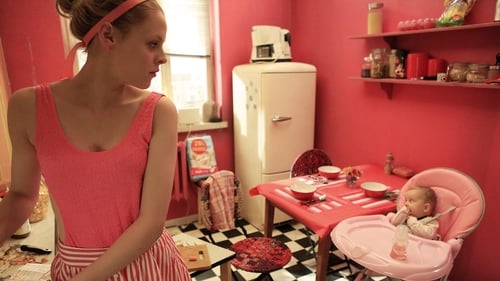
A jovem Natalia (Magdalena Berus) sempre sonhou em ser mãe. Com 17 anos ela realiza seu sonho, mas logo percebe que ocorreu muito cedo: sua vida se torna uma luta incessante. O amigo skatista Kuba (Nikodem Rozbicki) tenta agir como pai, mas acaba levando corriqueiramente festas e confusões para seu apartamento.
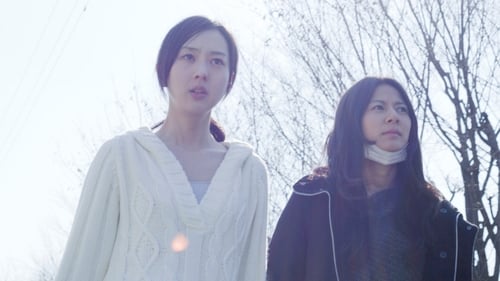
Saeko and Yukako live together in a small apartment complex in Tokyo. After the Tohoku earthquake in 2011, both live in a state of unease. Saeko, who is in a divorce, is worried that her daughter is exposed to radiation. Yukako is also afraid of radiation and tries to convince her husband to move. The two become friends after Yukako tries to save Saeko after a suicide attempt.

“De Peito Aberto”, de Graziela Mantoanelli, acompanha seis mulheres de diferentes classes sociais durante os 180 primeiros dias de vida de seus bebês – período recomendado pela Organização Mundial da Saúde (OMS) para amamentação exclusiva.

Given the fetishizing and normalizing character that is given to motherhood in patriarchy in order to perpetuate the social order, do we truly choose to be mothers? Why is care, of fundamental vital labor, presupposed as an especially appropriate task for women?

That Mothers Might Live is a 1938 American short drama film directed by Fred Zinnemann. The short is a brief account of Hungarian physician Ignaz Semmelweis and his discovery of the need for cleanliness in 19th-century maternity wards, thereby significantly decreasing maternal mortality, and of his struggle to gain acceptance of his idea. Although Semmelweis ultimately failed in his lifetime, later scientific luminaries advanced his work in spirit like microbiologist Louis Pasteur, who provided a scientific theoretical explanation of Semmelweis' observations by helping develop the germ theory of disease and the British surgeon, Dr. Joseph Lister who revolutionized medicine putting Pasteur's research to practical use. In 1939, at the 11th Academy Awards, the film won an Oscar for Best Short Subject (One-Reel).
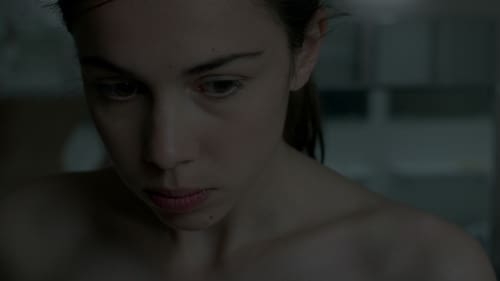
It is 1968 and Marianne is nineteen years old. She has been sent to a home for young girls, far from her family and friends. Here she meets other girls whose secrets have turned their lives upside down.

Helena, a woman in her early 40's, is obsessed with getting pregnant. After failing her last try, her neighbors get back from the hospital with their new born baby. Helena breaks in to their house when they´re gone, steals the baby monitor and starts listening to what happens next door.

This student film by the award-winning Helena Třeštíková bears many of the hallmarks of her later work. Made as a graduation piece when she was at the FAMU Film and TV Academy in Prague, we see the director developing the distinctive observational style of filmmaking that she has used so effectively throughout her career. Over the course of several months, she follows a young pregnant woman as she becomes slowly acquainted with the joys and responsibilities of motherhood.

Set in a small, typical Belarusian village – granny Sima’s only concern is for the future of her alcoholic son, Vanya. Accompanied by her best friend, a white goat called Manya, she starts a war with her neighbor, Glasha, who happens to be the village Vodka maker…

In parallel stories, a social butterfly and a lower middle-class wife brace themselves for the challenge of birthing a child in the modern era.

Being mother is the most natural thing in the world. Or so it seems. Yet the demands on women with children have rarely been as overloaded and contradictory as they are in today’s Western world. Promises of happiness are often followed by disadvantages, excessive demands and feelings of guilt. The mother has become an artificially glorified ideal, which nevertheless is often legitimized by the „nature of the woman“. We live in a time when three people could claim to be the same child’s mother: egg donors give their genes to beget children, surrogate mothers deliver babies which they give away immediately after birth, and men raise children by themselves – without a woman at their side. Hence the question arises: What makes a human being a real mother?
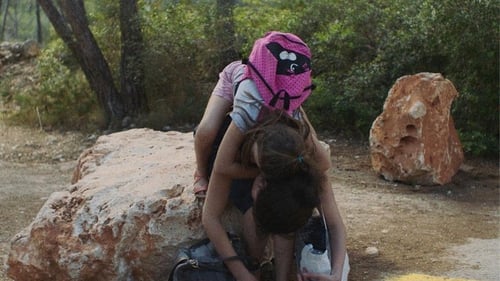
Jeanne take her daughter for the week-end in Majorque. While everything goes to rack and ruin, mother’s only concern is to photograph Kiki, the classroom mascot.

Illa de Arousa, 1971. Maria is a woman who earns her living by seafood. She is also known on the island for helping other women in childbirth with special dedication and care. After an unexpected event, she is forced to flee and begins a dangerous journey that will make her fight for her survival. Seeking her freedom, Maria decides to cross the border by one of the smuggling routes between Galicia and Portugal.

Queen Live at Wembley Stadium é o DVD do show realizado pela banda Queen no estádio de Wembley, do qual resultou ainda o álbum Live at Wembley '86. Pela primeira vez, este espetacular concerto realizado em 12 de julho de 1986, no estádio de Wembley, em Londres, Inglaterra, é apresentado na íntegra. O show faz parte da Magic Tour (07.06.1986 - 09.08.1986), última tour da banda Queen. O DVD é duplo. O primeiro DVD conta com o show completo e o segundo contém bônus, como documentários, entrevistas, entre outros. A versão do show em VHS, foi lançada oficiamente em 1992. Na mesma época, também foi lançado o LP duplo do show. Este DVD foi lançado em 2003, assim como o CD, em sua edição especial. Como encarte, possui um livrinho de 20 páginas, com imagens do show, informações sobre o cast, etc. No dia 5 de setembro de 2011 o Queen liberou o show em sua página oficial no YouTube para celebrar o que seria o aniversário de 65 anos do vocalista Freddie Mercury.

Os amigos liderados por Johnny Knoxville exploram o limite do bom gosto com esquetes e brincadeiras obscenas, nojentas e grotescas. Essas pegadinhas, punições corporais e acrobacias insanas não são para aqueles que têm o estômago fraco.
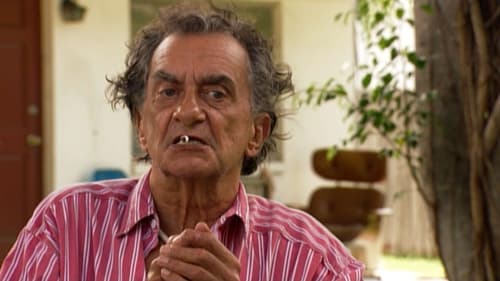
30 anos após "Garganta Funda" ter revolucionado a opinião pública, surge Dentro de Garganta Funda - o documentário que coloca frente a frente as modestas intenções de quem fez o filme e as consequências devastadoras que (inadvertidamente) criaram.
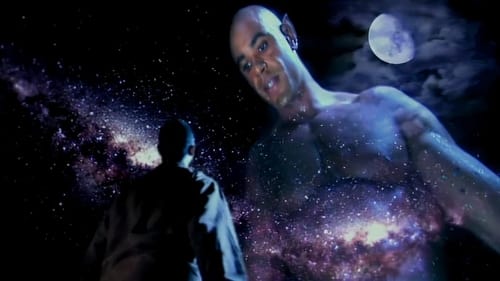
O segredo existiu por toda a humanidade, com alguns dos principais líderes de sua época tendo conhecimento sobre ele. Fragmentos do segredo foram encontrados em tradições orais, na literatura, nas religiões e filosofias ao longo dos séculos. Alguns dos maiores professores da atualidade são reunidos para apresentar o segredo na íntegra.
